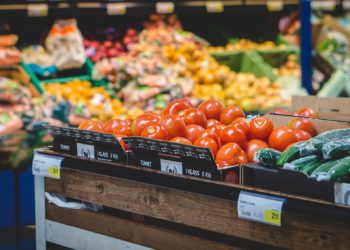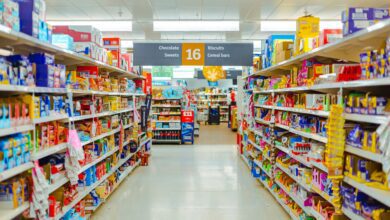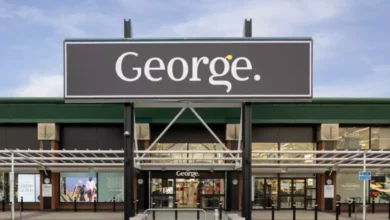Food inflation hits record high of 13.3%
It jumped to 13.3% in December, up from 12.4% in November and above the three-month average rate of 12.5%

Register to get 1 free article
Reveal the article below by registering for our email newsletter.
Want unlimited access? View Plans
Already have an account? Sign in
ood inflation accelerated to the highest inflation rate in the category on record, after jumping to 13.3% in December, up from 12.4% in November and above the three-month average rate of 12.5%, according to the latest figures from BRC and Nielsen.
Fresh Food inflation accelerated in December to 15.0%, up from 14.3% in November, above the 3-month average rate of 14.2%. This is also the highest inflation rate in the fresh food category on record.
Ambient Food inflation accelerated to 11.0% in December, up from 10.0% in November. The rise represents the fastest rate of increase in the ambient food category on record.
Shop Price annual inflation decelerated to 7.3% in December, down from 7.4% in November, however it remains above the three-month average rate of 7.1%. Non-Food inflation decelerated to 4.4% in December, down from 4.8% in November, This is above the three-month average rate of 4.4%.
Inflation remains near record highs for both categories.
Helen Dickinson, chief executive of the British Retail Consortium, said: “It was a challenging Christmas for many households across the UK. Not only did the cold snap force people to spend more on their energy bills, but the prices of many essential foods also rose as reverberations from the war in Ukraine continued to keep the cost of animal feed, fertiliser and energy.
“Non-food price rises eased as some retailers used discounting to shed excess stock built up during the disruptions to supply chains, meaning some customers were able to bag bargain gifts. The combined impact was that price increases overall plateaued, with the reduction in non-food inflation offsetting the higher food prices.”
Mike Watkins, head of retailer and business insight, NielsenIQ, added: “Consumer demand is likely to be weak in Q1 due to the impact of energy price increases and for many, Christmas spending bills starting to arrive. So the increase in food inflation is going to put further pressure on household budgets and it’s unlikely that there will be any improvement in the consumer mind-set around personal finances in the near term.
“With shoppers having less money to spend on discretionary retail having paid for their essential groceries, there will be little to stimulate demand across the non-food channels.”







